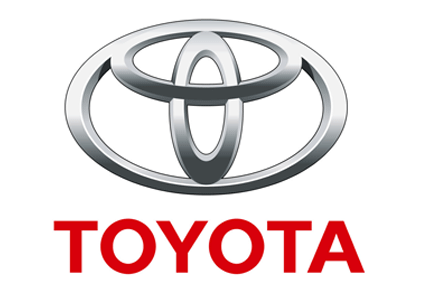
You are now the location is:Home >> News >> Battery Information
The current global ordinary disposable batteries have all been achieved low mercury or mercury, may be as the world's progress, technological development and the upgrading of products, more and more products require batteries. Along with household waste? Or should recycle office? .
Exhaustion of waste batteries lose a lot of people still do not throw tangle. Recently, experts said, because ordinary disposable batteries has been largely achieved low mercury or mercury-gathering network in the current lack of cases, along with household waste. However, button batteries, rechargeable batteries, are still advised to recycle.
Environmental pollution of waste batteries was widely publicized, however, the State Environmental Protection Administration in 2003 issued "Waste Battery pollution control technology policy" (hereinafter referred to as "waste battery Policy") set forth in the current lack of effective technical and economic recovery Article conditions, does not encourage recycling has reached a low concentration of mercury and mercury-free disposable batteries required.
China Chemical and Physical Power Industry Association, told reporters that Liu Yanlong make the background of this provision is China disposable batteries toxic environment has changed. According to China Light Industry Federation of the original, the former State Economic and Trade Commission in 1997 nine ministries jointly issued "on the limit mercury content requirements", in 2002, the ban on the domestic market distribution of mercury batteries is greater than 0.025% by weight of the battery; 2006 Since the ban on domestic market distribution of mercury batteries is greater than 0.0001% by weight of alkaline manganese batteries.
Liu Yanlong said that although the provisions on mercury content has not been fully implemented effectively. But after several years of efforts, regular manufacturers ordinary disposable batteries has been largely achieved low mercury or mercury, along with household waste will not cause major environmental pollution. However, while Liu Yanlong Du, deputy director of Beijing Municipal Environmental Protection Bureau in the "family everyday life batteries can be used with ordinary household waste" argument to be refuted, saying the statement "wrong." Liu Yanlong that used batteries with household waste can depend on battery composition and content of harmful substances may be. For example, nickel-cadmium batteries have a toxic environment, usually silver oxide button cell battery mercury content of about 1% by weight. Li-ion batteries have a high recycling value, with household waste but also easy to cause a fire. According to the 2003 release of "waste batteries policy" should focus on the collection of waste batteries are nickel-cadmium batteries, nickel hydrogen batteries, lithium ion batteries, lead-acid batteries, rechargeable batteries and waste and other waste of silver oxide button batteries once.
According to the Ministry by the end of 2011 "issued by the battery industry clean production implementation plan," 2010 China cell production more than 400 million, more than 50% of the world, the domestic consumption of about 100 million. 2010 China's battery industry consumed about 2.8 million tons of lead, cadmium and 7,800 tons, 140 tons of mercury, respectively, accounting for 80% of total usage, 72% and 15%. Now countries are currently on the waste battery recycling, the main problem is that without an effective collection network, so it can not be done completely recovered. However, we can refer to the practice of some developed countries, to all battery manufacturers charge a pollution gold, by a third party social organization operations to ensure that the battery of environmental pollution and a threat to humanity.







